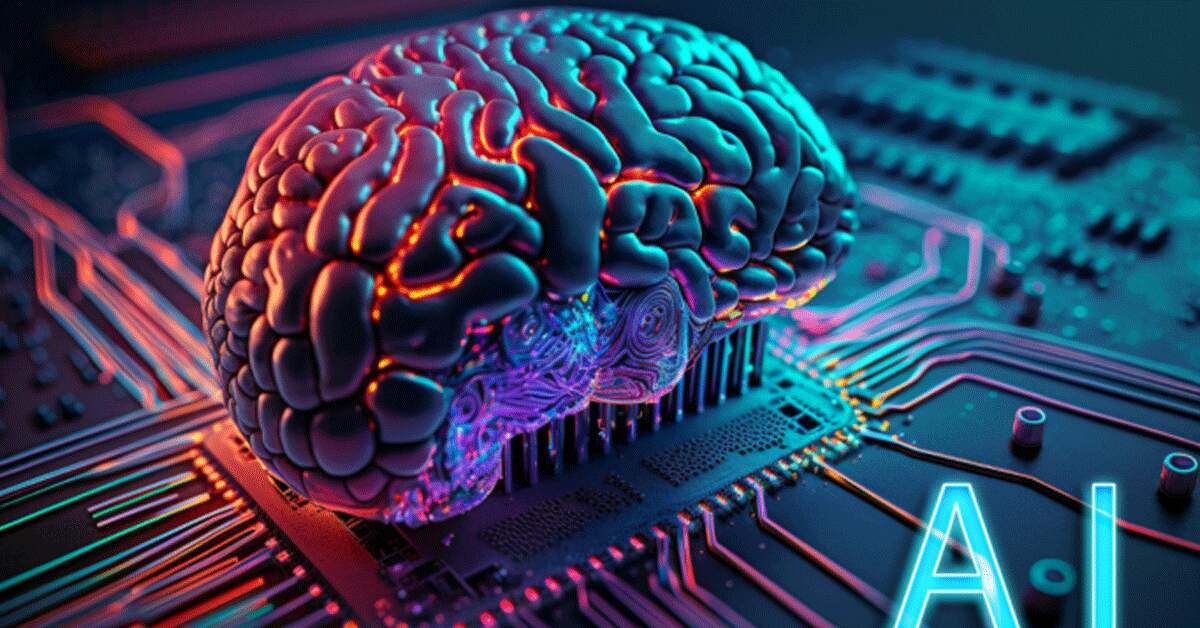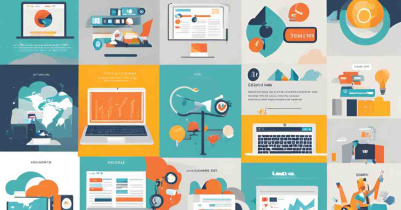Eye News Desk
Why employers are unprepared for AI?

AI has come a long way in recent years and can be used in various fields like industries, healthcare, finance, manufacturing and even logistics. Even though AI can revolutionize the workforce most businesses or employers are hesitant in updating their backdated technologies.
Chatgpt itself was the fastest-growing web app in history until Threads, a rival to Twitter, launched this month, however, the use of it in industries is limited. People stuck using old technologies suffer, along with their salaries. In Britain, average wages at the least productive 10% of firms have fallen slightly since the 1990s—even as average wages at the best firms have risen strongly.
According to Jan De Loecker of ku Leuven and colleagues, "the majority of inequality growth across workers is due to increasing average wage differences between firms", reports The Economist.
What, then, has gone wrong?
Three possibilities explain lower diffusion: the nature of new technology, sluggish competition, and growing regulation.
Robert Gordon of Northwestern University has argued that the "great inventions" of the 19th and 20th centuries had a far bigger impact on productivity than more recent ones.
The problem is that as technological progress becomes more incremental, diffusion also slows since companies have less incentive and face less competitive pressure to upgrade. Electricity provided light and energy to power machines. Cloud computing, by contrast, is needed only for the most intensive operations. Newer innovations, like machine learning, may be trickier to use, requiring more skilled workers and better management.
Business dynamism fell across the rich world in the first decades of the 21st century. As populations aged only fewer new firms were set up. Workers moved companies less frequently. All this reduced diffusion, since workers spread tech and business practices as they move across the economy.
In industries run or heavily managed by the government, technological change happens slowly.
Politicians often have public-policy goals, such as maximising employment, that are inconsistent with efficiency. Heavily regulated industries make up a big chunk of Western economies today: such sectors, including construction, education, health care and utilities, account for a quarter of American GDP.
However, Covid-19 may have also injected a dose of dynamism into Western economies. New firms are being set up at the fastest pace in a decade, and workers are swapping jobs more often. Tyler Cowen of George Mason University adds that weaker firms may have a particular incentive to adopt ai, because they have more to gain.
AI can also be built into existing tools. Many coders—maybe most—already use ai on a daily basis owing to its integration into everyday coding instruments through Github's CoPilot. Word processors, including Microsoft Word and Google Docs, will soon roll out dozens of ai features.
On the other hand, the biggest benefits from new forms of ai will come when firms entirely reorganise themselves around the new technology; by adapting ai models for in-house data, for example. That will take time, money and, crucially, a competitive drive. Gathering data is tiresome and running the best models is fearsomely expensive—a single complex query on the latest version of Chatgpt can cost $1-2. Run 20 in an hour and you have passed the median hourly American wage.
These costs will fall, but it could take years for the technology to become sufficiently cheap for mass deployment. Bosses, worried about privacy and security, regularly tell The Economist that they are unwilling to send their data to modify models that live elsewhere. Surveys of small businesses are not encouraging. One, by GoDaddy, a web-hosting company, suggests that around 40% of those in America are uninterested in ai tools. The technology is undoubtedly revolutionary. But are businesses ready for a revolution?
Read More
- 32 megapixel camera new phone Tecno Spark 10 Pro
- Google Bard now in Bangladesh
- AI in Bangladesh: Unlocking Potential Amid Challenges
- Refreshing only increases the speed of the computer?
- Samsung Galaxy A54 5G: A perfect price fit!
- Elon Musk`s SpaceX hires 14-year-old Bangladeshi-American Kairan
- Tottering from Twitter to Threads
- Spotify tests voice translation feature for podcasts
- How Afraid Should We Be of Artificial Intelligence?
- The Godfather of AI quits Google; warns of impending danger
































